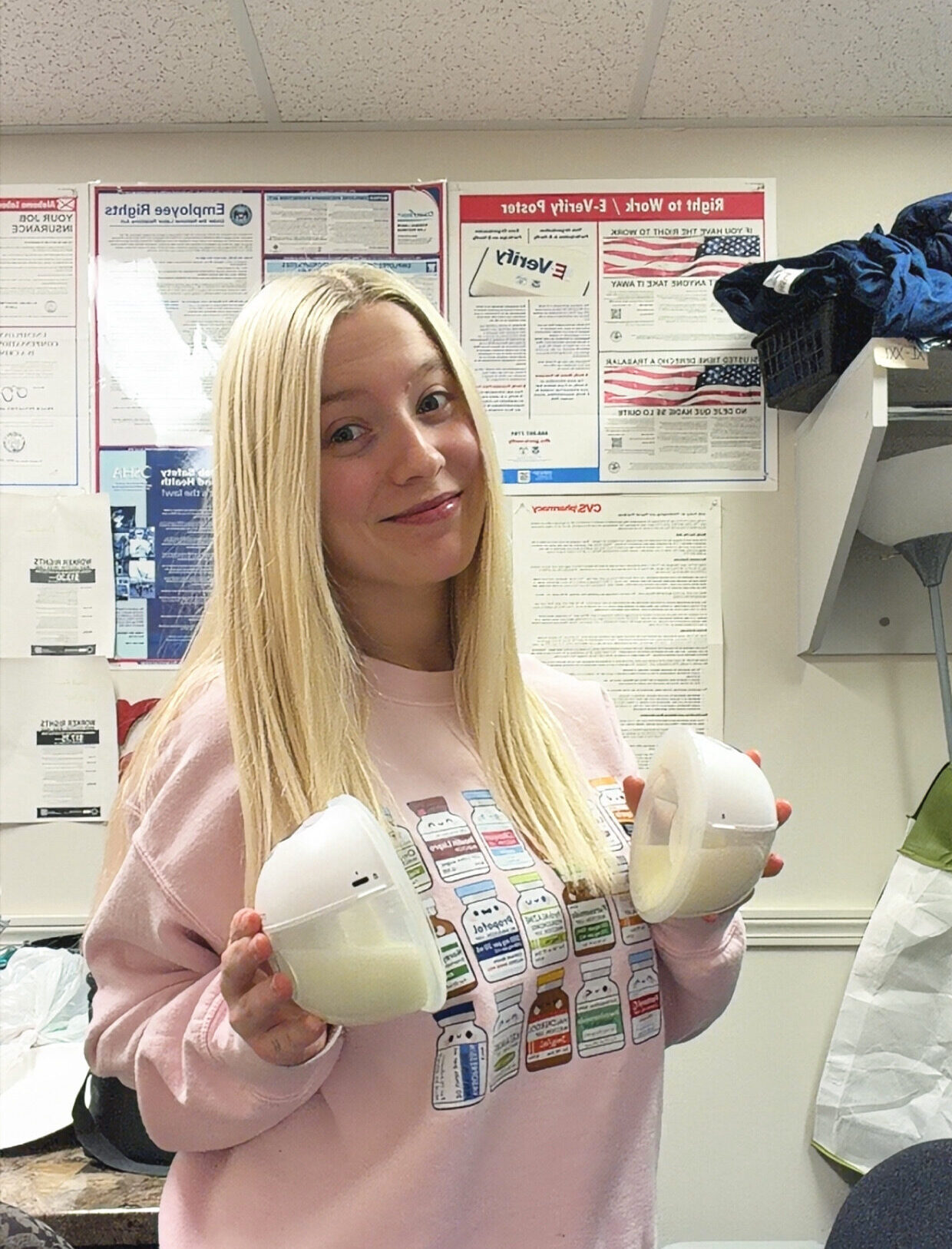The International Confederation of Midwives (ICM) has reaffirmed its stance on the ethical responsibilities of midwives in supporting breastfeeding by advocating adherence to the International Code of Marketing of Breast-Milk Substitutes.
In a recent statement, ICM emphasized that midwives must remain vigilant against unethical marketing practices by the commercial milk formula (CMF) industry and prioritize evidence-based support for breastfeeding parents.
Midwives must remain vigilant against unethical marketing practices by the commercial milk formula industry
What is the International Code of Marketing of Breast-Milk Substitutes?
The Code, first developed by WHO and UNICEF in 1981, was created to regulate the marketing of breast-milk substitutes, ensuring that breastfeeding is not undermined by misleading promotional tactics. It does not prohibit the sale of formula but imposes strict regulations on how these products are marketed to protect public health.
The Code applies to all breast-milk substitutes, feeding bottles, pacifiers, and foods marketed for infants under six months, as well as follow-on formulas for older babies.
Key principles of the Code include:
- No advertising of formula, bottles, or pacifiers to the public.
- No free samples to mothers.
- No promotion of formula within health services.
- No gifts or personal incentives for health workers from the CMF industry.
- No idealized claims or images on product labels.
- Information to health professionals must be strictly scientific and factual.
Why This Matters: The Impact of CMF Marketing
Despite the well-documented benefits of breastfeeding, aggressive marketing tactics by the formula industry continue to influence parental feeding decisions. Reports, including a 2023 Lancet series, highlight how formula sales have risen due to persistent violations of the Code. The industry’s marketing strategies often play on parents’ anxieties, promoting formula as a solution to common breastfeeding challenges, such as perceived insufficient milk supply or infant fussiness.
Recent investigations have also exposed loopholes that allow CMF companies to continue unethical marketing practices. In the United Kingdom, for example, CMF companies collaborated with a supermarket chain to place midwives in stores to provide infant feeding advice, a move that violated the Code’s guidelines and sparked widespread opposition.
Recent investigations have also exposed loopholes that allow CMF companies to continue unethical marketing practices.

The Role of Midwives in Upholding the Code
Midwives are in a unique position of trust when supporting new parents. According to the ICM Essential Competencies for Midwifery Practice, midwives have a duty to:
- Promote early initiation of breastfeeding and exclusive breastfeeding for the first six months.
- Ensure breastfeeding support is evidence-based and impartial.
- Avoid participation in any CMF marketing initiatives, including those disguised as educational programs.
The ICM warns midwives to be cautious of industry-driven initiatives that appear to provide helpful resources but ultimately promote brand loyalty.
Midwives’ Ethical Responsibilities: Do’s and Don’ts
| Midwives Should Not: | Midwives Should: |
|---|---|
| Advertise formula, bottles, or pacifiers. | Provide evidence-based guidance on safe infant feeding practices. |
| Accept gifts or sponsorships from CMF companies. | Offer unbiased information about breastfeeding and formula feeding. |
| Engage in partnerships that indirectly promote CMF products. | Support parents in making informed feeding choices. |
| Distribute free formula samples. | Educate parents on the risks of improper formula use. |
Ensuring Ethical Practice in Maternity Care
To support midwives in upholding ethical standards, ICM encourages all healthcare professionals to complete the updated WHO and UNICEF training course on the International Code of Marketing of Breast-Milk Substitutes. This training provides essential guidance on how to navigate interactions with the CMF industry while prioritizing maternal and infant health.
Boobingit stands with ICM in calling for greater enforcement of the Code worldwide to protect breastfeeding from commercial influence. Midwives play a crucial role in safeguarding parents’ rights to unbiased, high-quality infant feeding support.
Join the Conversation
What are your thoughts on the ICM’s latest statement? Have you encountered unethical marketing practices in healthcare settings? Let us know in the comments or join the discussion on Boobingit’s social media channels.
You can read the full news statement from the ICM here.


















